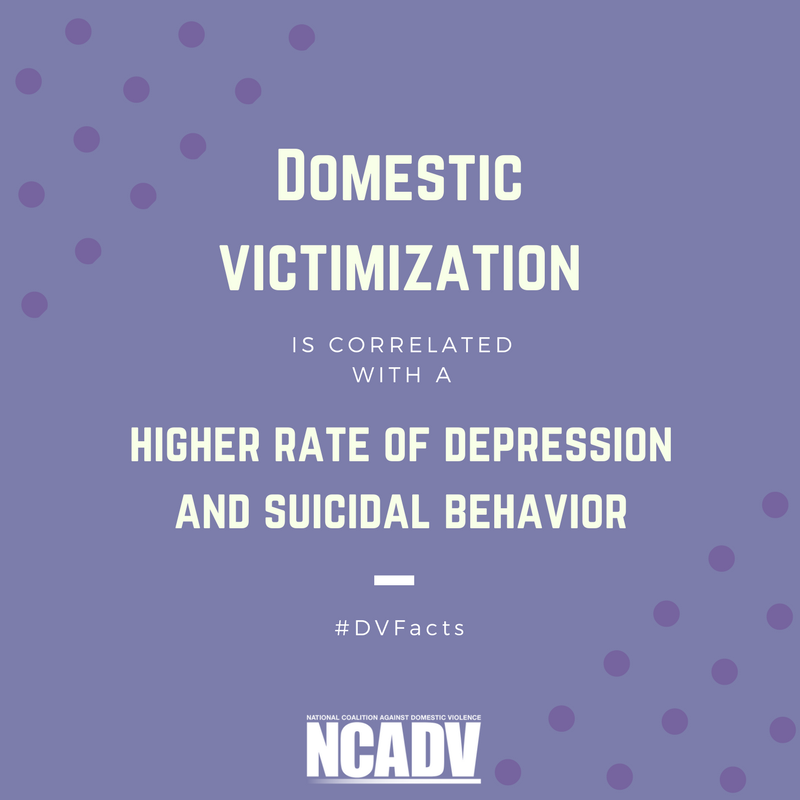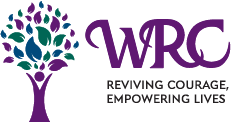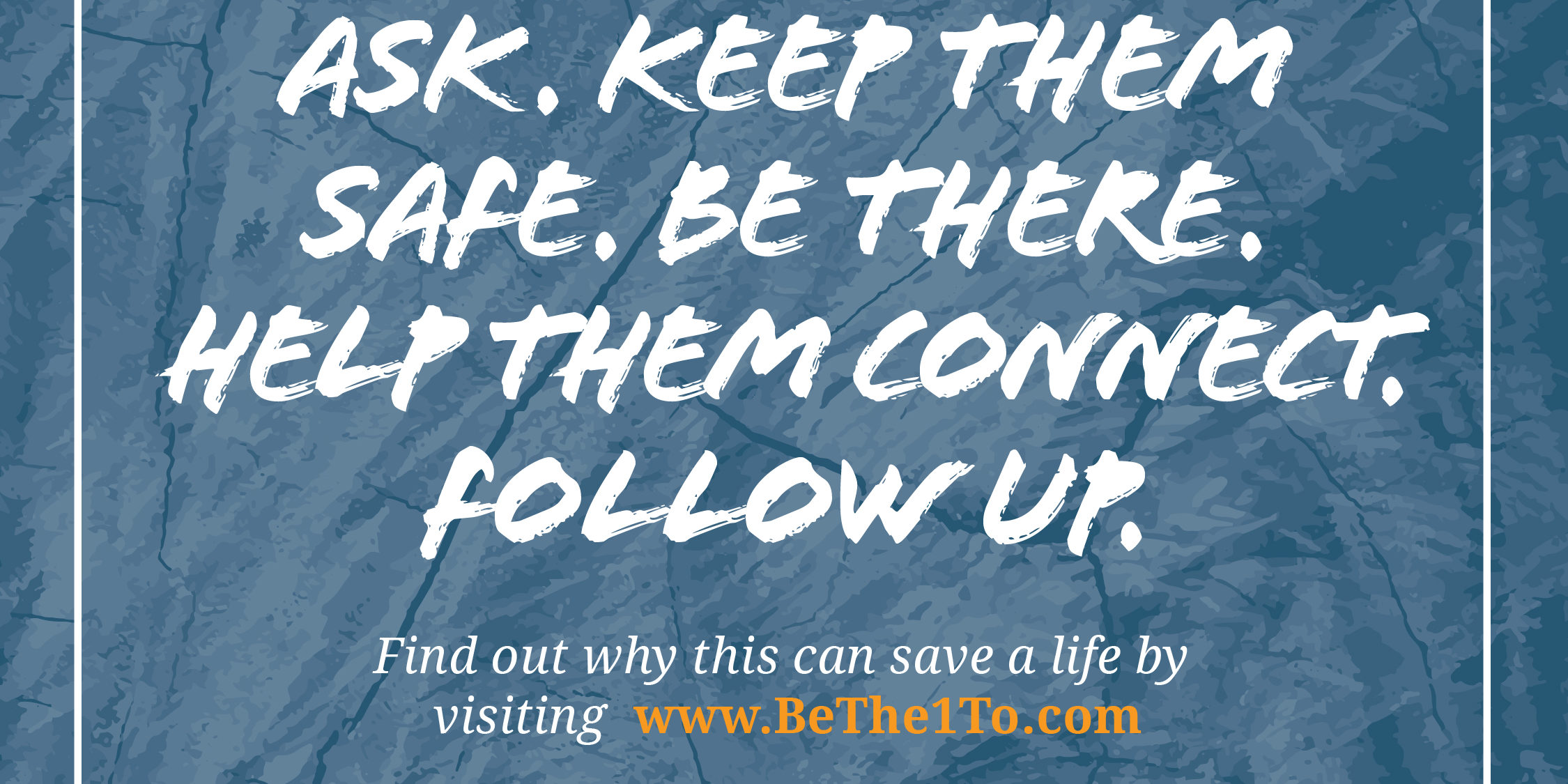Suicide Awareness Month: #Bethe1To
September is Suicide Awareness and Prevention Month. 2019’s theme #Bethe1To highlights how each of us have the capacity to make a difference in the life of someone who is struggling with suicidal thoughts. #Bethe1To breaks down five clinically proven steps that anyone can use to help prevent a suicide: ASK, KEEP THEM SAFE, BE THERE, HELP THEM CONNECT, and FOLLOW UP.
Conversations about suicide, self-harm, and mental health are stigmatized issues that, oftentimes, people would rather do without. However, for people who are struggling with suicidality and mental health, being the person who is willing to ask and talk with them in a non-judgmental way opens the door for that person to feel supported and cared about. Asking the question “Are you considering suicide?” has been studied and proven to not increase that person’s likelihood of committing suicide, instead, the studies suggest that acknowledging and talking about suicide may actually reduce suicidal ideation by allowing a space for that person to seek help.
Check out the video below to learn more about these 5 steps and the impact that you can make in your loved ones’ lives from the National Suicide Prevention Lifeline’s Director, John Draper, PhD:
Research has found that 46% of people who die by suicide had a known mental health condition. Several other factors may put a person at risk of suicide, including:
- A family history of suicide
- Substance abuse. Drugs can create mental highs and lows that worsen suicidal thoughts.
- Intoxication. More than 1 in 3 people who die from suicide are under the influence of alcohol at the time of death.
- Access to firearms
- A serious or chronic medical illness
- Gender. Although more women than men attempt suicide, men are nearly 4x more likely to die by suicide.
- A history of trauma or abuse
- Prolonged stress
- A recent tragedy or loss
(This information is sourced from NAMI, the National Alliance on Mental Illness)
If you or someone you know is in an emergency, call The National Suicide Prevention Lifeline at 800-273-TALK (8255) or call 911 immediately.
—
Suicide and mental illness are especially important topics that WRC takes seriously when working with survivors of domestic violence. Studies show that survivors of domestic violence are at an elevated risk of suicide. Survivors of domestic violence are roughly twice as likely to attempt suicide. In addition to this, cases of murder-suicides are most likely to occur within domestic violence relationships.
WRC works to address these issues by striving to both raise awareness and serve survivors with high-quality support services. Counseling services at WRC provides 12 sessions completely free that are open to anyone who has experienced gender-based violence at any point in their life, including children and teens who have either witnessed or experienced abuse.

For more information on how you can identify suicidal behaviors and offer help, check out www.bethe1to.com and www.suicidepreventionlifeline.org.
For more information on WRC’s counseling services and how to sign up, please call our hotline at 760-757-3500 to speak with a Case Manager or walk-in Monday through Friday between 9am and 5pm.







